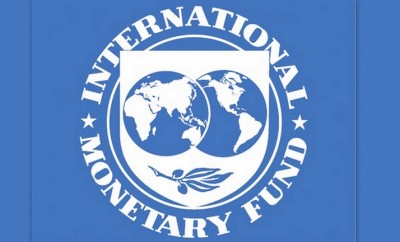
IMF: Pandemic Economics
Η πανδημία έχει αποκρυσταλλώσει τον άρρηκτο δεσμό μεταξύ της ανθρώπινης υγείας και της οικονομικής υγείας. Το τελευταίο τεύχος F&D Magazine του ΔΝΤ, επικεντρώνεται στην παγκόσμια υγεία και ευημερία. Η Gita Gopinath και ο Ruchir Agarwal του ΔΝΤ γράφουν για το πώς είναι απαραίτητη μια καλύτερη συλλογική προσπάθεια για τον τερματισμό της πανδημίας για μια ευρεία οικονομική ανάκαμψη.
A broad-based economic recovery requires an end to the pandemic
Last May, the IMF released a detailed and comprehensive road map to end the COVID-19 pandemic, save lives, and put the world back on track toward a broad-based economic recovery (“A Proposal to End the COVID-19 Pandemic,” Agarwal and Gopinath, 2021). The road map was endorsed by multilateral institutions and key stakeholders. It was based on a simple, yet powerful premise: Ending the pandemic is a necessary prerequisite to restoring jobs, livelihoods, and economic well-being. One cannot be achieved without the other.
How has the world fared since the release of the road map? The global recovery has continued, but momentum has weakened. In six months, the officially recorded global COVID-19 death toll has risen by about 50 percent and is now over 5 million, and the actual death toll is estimated to be several times higher. Of particular concern is the growing divergence in economic prospects between rich and poor nations. In the October 2021 World Economic Outlook, the IMF projected that aggregate output for advanced economies would regain its pre-pandemic trend path in 2022 and exceed it by 0.9 percent in 2024. By contrast, output for emerging market and developing economies, excluding China, is expected to remain 5.5 percent below the pre-pandemic forecast in 2024.
Συνέχεια εδώ
Περισσότερα
Δείτε το τεύχος Δεκεμβρίου του Finance & Development .




